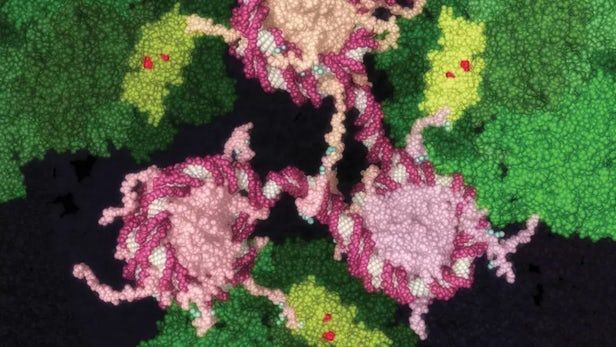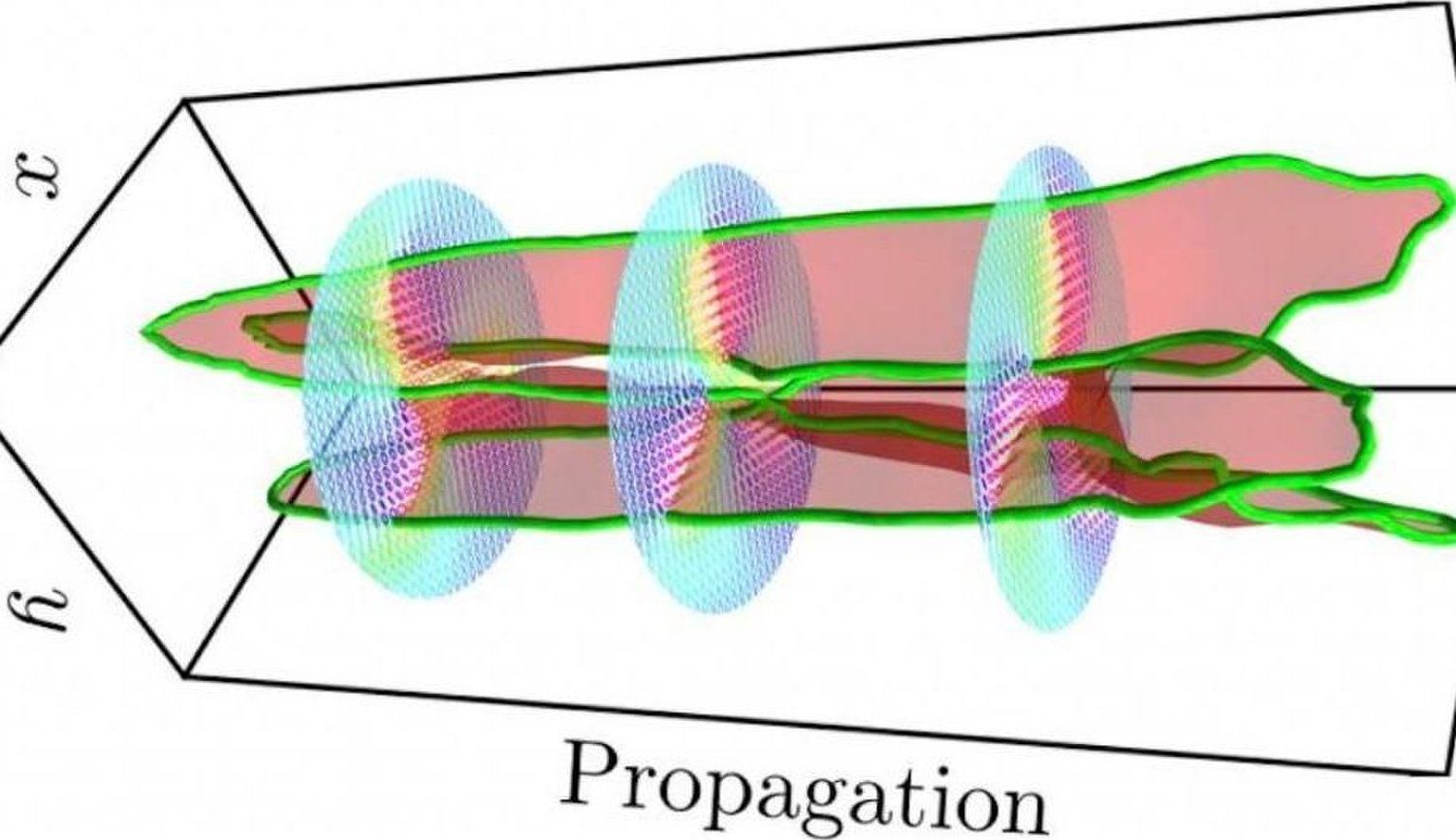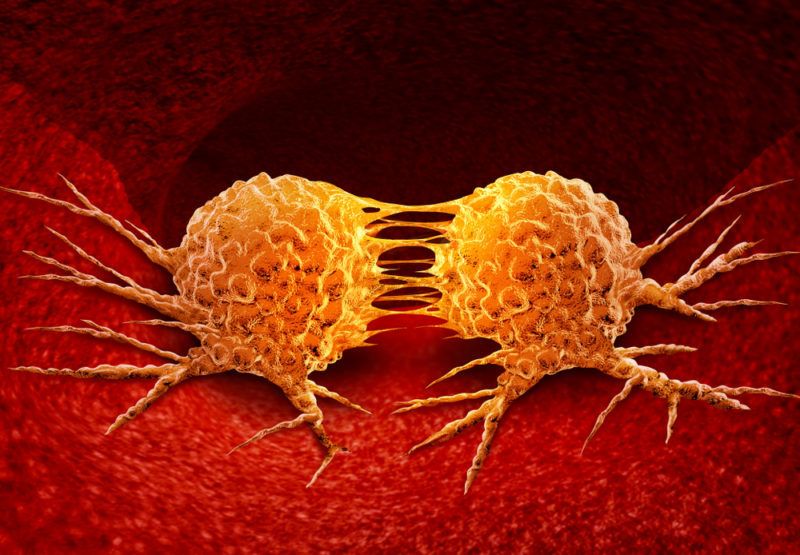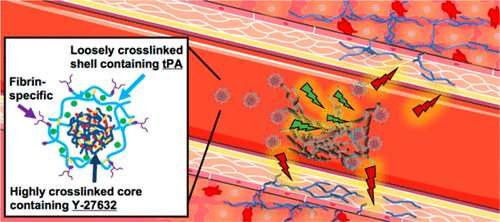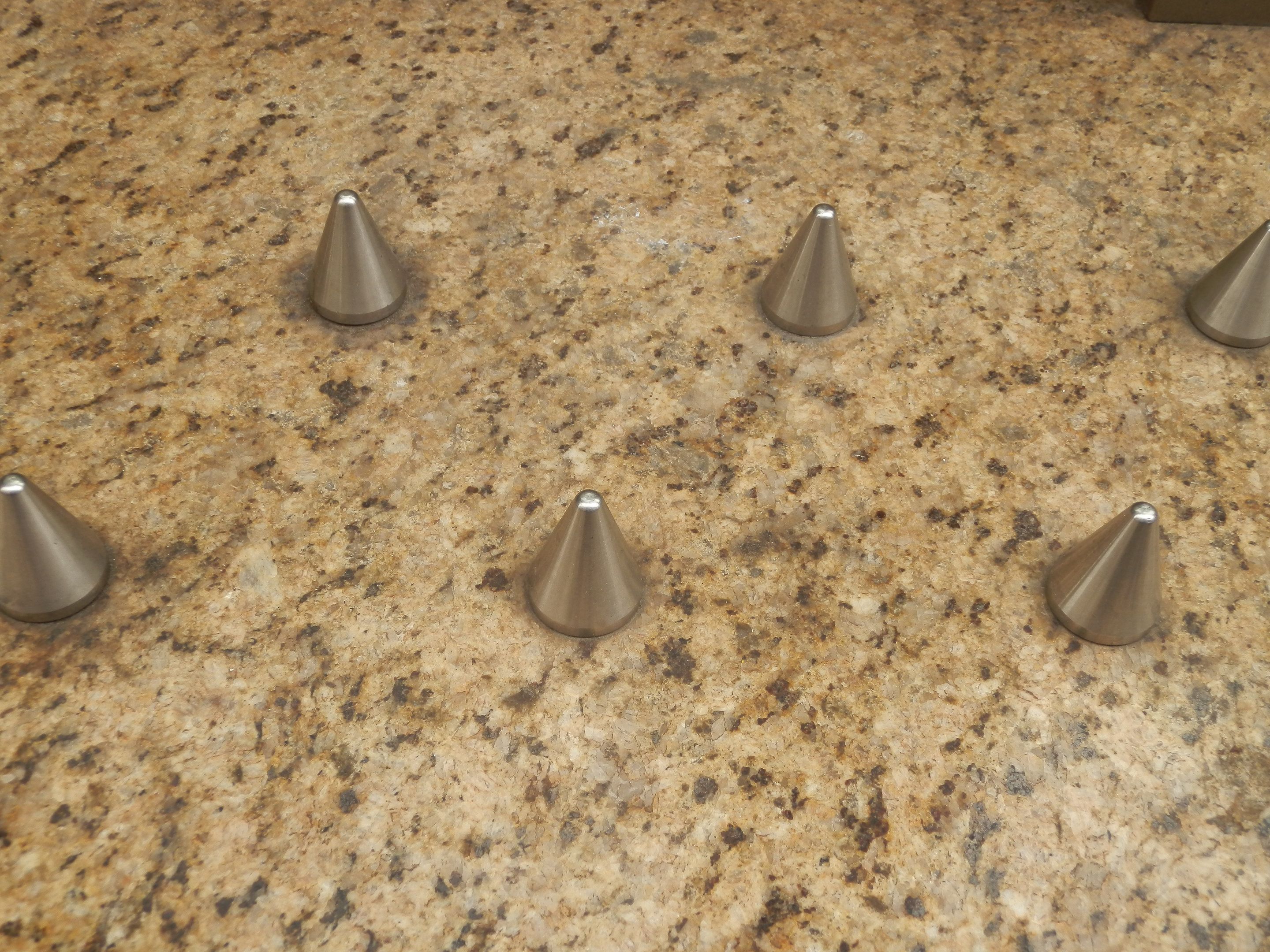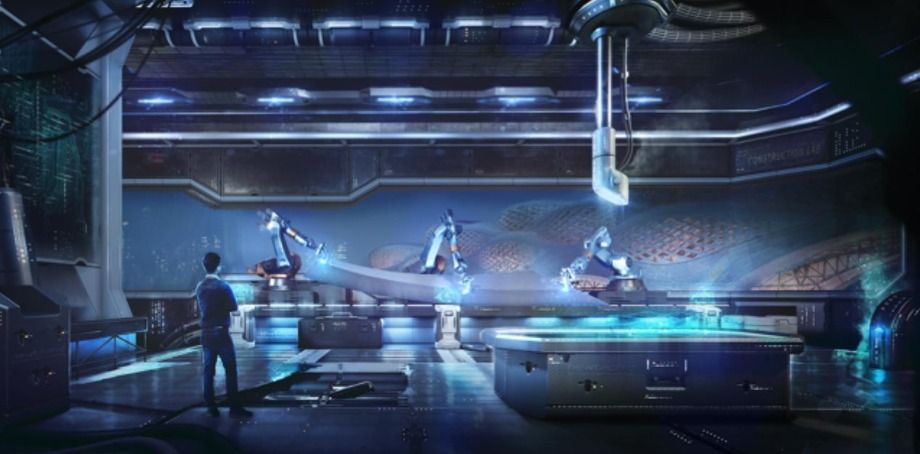Page 9316
Aug 6, 2018
New class of drug compounds puts cancer in a sleeper hold
Posted by Genevieve Klien in category: biotech/medical
Cancer isn’t some foreign illness invading your body – it’s essentially just regular cells dividing out of control. Current cancer treatments like chemotherapy and radiotherapy are designed to kill tumors, but they often take down healthy cells as well. An emerging technique could provide a more targeted approach, stopping tumorous cells from proliferating and effectively putting the cancer to sleep.
Aug 6, 2018
Physicists Tied Laser Beams into Knots
Posted by Genevieve Klien in categories: futurism, physics
The technology could improve future precision light sources. But right now the biggest surprise is how many holes there are in a laser figure-eight.
Aug 6, 2018
Lyme disease now found in all 50 states
Posted by Genevieve Klien in category: biotech/medical
If you thought you were safe from Lyme disease because you don’t live in New England, where the tick-borne illness first appeared, think again. Now, all 50 states plus the District of Columbia have residents who have tested positive for Lyme, a bacterial infection that can cause a wide variety of symptoms, including joint aches, fatigue, facial palsy and neck stiffness.
This news comes from a report from the clinical laboratory Quest Diagnostics, which analyzed the results of 6 million blood tests doctors had ordered to diagnose Lyme disease in their patients. The report found that Pennsylvania had the most positive cases last year: 10,001.
The Pennsylvania tally, along with that of the six New England states — Connecticut, Maine, Massachusetts, New Hampshire, Rhode Island and Vermont — accounted for about 60 percent of the country’s Lyme disease cases. Positive results grew by 50 percent in New England and by 78 percent in Pennsylvania from 2016 to 2017.
Continue reading “Lyme disease now found in all 50 states” »
Aug 6, 2018
Researchers Turn Cellular Senescence Against Cancer
Posted by Nicola Bagalà in category: biotech/medical
Cellular senescence used against cancer.
Researchers from the Walter and Eliza Hall Institute, the Monash Institute of Pharmaceutical Sciences, and Cancer Therapeutics CRC have developed a new type of drug that harnesses cellular senescence as a weapon against cancer [1].
Study abstract
Continue reading “Researchers Turn Cellular Senescence Against Cancer” »
Aug 6, 2018
New system allows rapid response to heart attacks, limits cardiac damage
Posted by Bill Kemp in categories: biotech/medical, engineering, health
Researchers from North Carolina State University and the University of North Carolina at Chapel Hill have developed a drug-delivery system that allows rapid response to heart attacks without surgical intervention. In laboratory and animal testing, the system proved to be effective at dissolving clots, limiting long-term scarring to heart tissue and preserving more of the heart’s normal function.
“Our approach would allow health-care providers to begin treating heart attacks before a patient reaches a surgical suite, hopefully improving patient outcomes,” says Ashley Brown, corresponding author of a paper on the work and an assistant professor in the Joint Biomedical Engineering Program (BME) at NC State and UNC. “And because we are able to target the blockage, we are able to use powerful drugs that may pose threats to other parts of the body; the targeting reduces the risk of unintended harms.”
Heart attacks, or myocardial infarctions, occur when a thrombus – or clot – blocks a blood vessel in the heart. In order to treat heart attacks, doctors often perform surgery to introduce a catheter to the blood vessel, allowing them to physically break up or remove the thrombus. But not all patients have quick access to surgical care.
Aug 6, 2018
Designed features can make cities safer, but getting it wrong can be plain frightening
Posted by Bill Kemp in category: surveillance
City planners and designers can help make spaces safer in many ways. One strategy is known as Crime Prevention Through Environmental Design (CPTED, pronounced “sep-ted”). This approach is based on the idea that specific built and social environmental features can deter criminal behaviour.
Strategies can be as simple as good maintenance, like rapidly removing graffiti, which can deter some offenders.
Another method is to build houses, streets, transport hubs and retail settings in a way that promotes visibility. This can include making windows and entrances of buildings face each other and clever use of lighting. The enhanced visibility this creates is known as “passive surveillance”, which can deter some offenders.
Aug 6, 2018
Digital builds: The technology taking construction to the next level
Posted by Klaus Baldauf in categories: drones, engineering, robotics/AI
In July 2018, The Engineer examined how modular fabrication techniques are reshaping the construction industry, enabling clean builds that are cost-effective and time efficient. But while off-site assembly brings many advantages, it can also be restrictive. This has prompted a new wave of engineers to bring the latest technology on-site, elevating the pre-fab to the fabulous.
According to Andrew Watts, CEO of engineering technology firm Newtecnic, this trend is part of a new era of digital construction where robots and drones will become commonplace on site. Digitalisation has penetrated virtually every aspect of design and engineering, but in many ways physical construction itself has remained a stubbornly analogue process, centuries of accumulated human expertise resisting the allure of ones and zeroes, and human hands still doing much of the heavy lifting. Newtecnic’s Construction Labs concept is aiming to change that, merging modular building with on-site construction to deliver perfect finishes on major public buildings.
“We’re using Construction Labs to realise complex projects,” Watts told The Engineer. “Its specific use is in the construction of facades and applications and connections for primary structures.”
Aug 6, 2018
AI vs. God: Who Stays and Who Leaves?
Posted by Derick Lee in categories: internet, robotics/AI
Scientific progress, and Internet and mobile coverage proliferation in the last 8 years alone might have decreased the numbers dramatically. Still not as much as to liquidate the spiritual beliefs of the vast majority of the world’s population.
Does God exist? If She does, this is how we got our sacred soul. If She does not, we will soon be able to recreate the soul in machines!
Aug 6, 2018
Beyond the Hard Drive: Encoding Data in DNA
Posted by Klaus Baldauf in categories: biotech/medical, computing, space
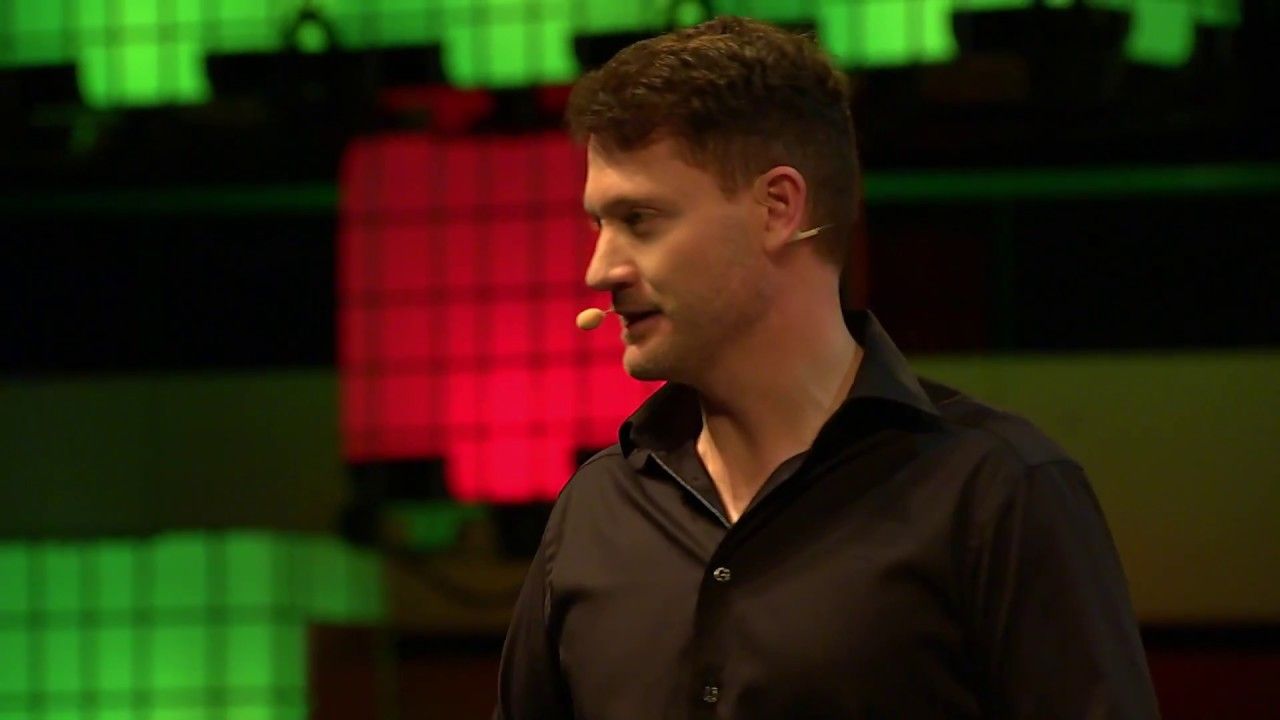
This article is part of a series about how OS Fund (OSF) companies are radically redefining our future by rewriting the operating systems of life. Or as we prefer to think about it: Step 1: Put a dent into the universe. And Step 2: Rewrite the universe. You can see the full OSF collection here and read more about Building a Biological Immune System.
In contemplating the future, I love imagining how our daily lives today will be thought of in the future. What appears sci-fi to us today but will be “normal” 50 years from now? What inefficient and boneheaded things do we do today that future generations will look back and laugh at?
Continue reading “Beyond the Hard Drive: Encoding Data in DNA” »

